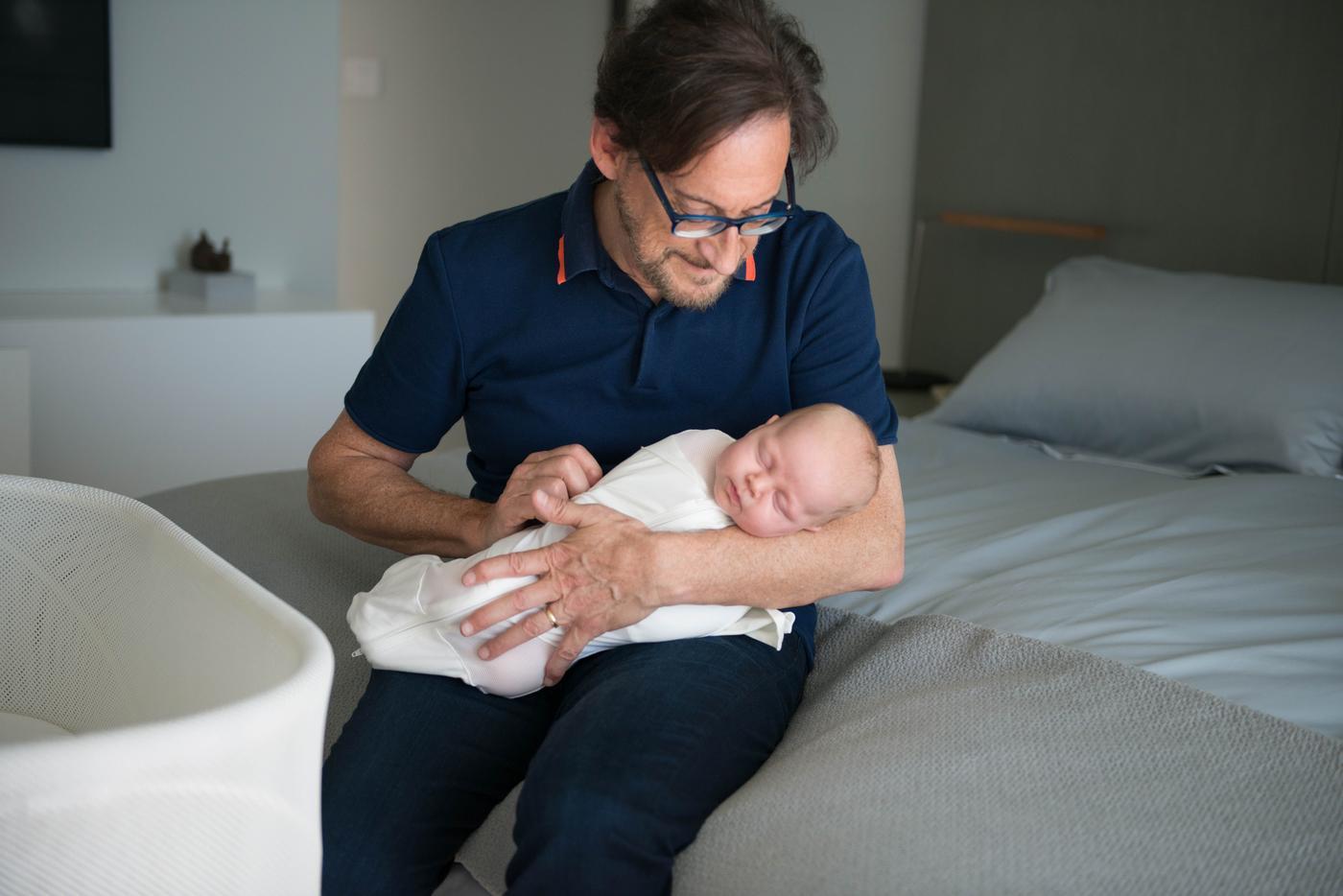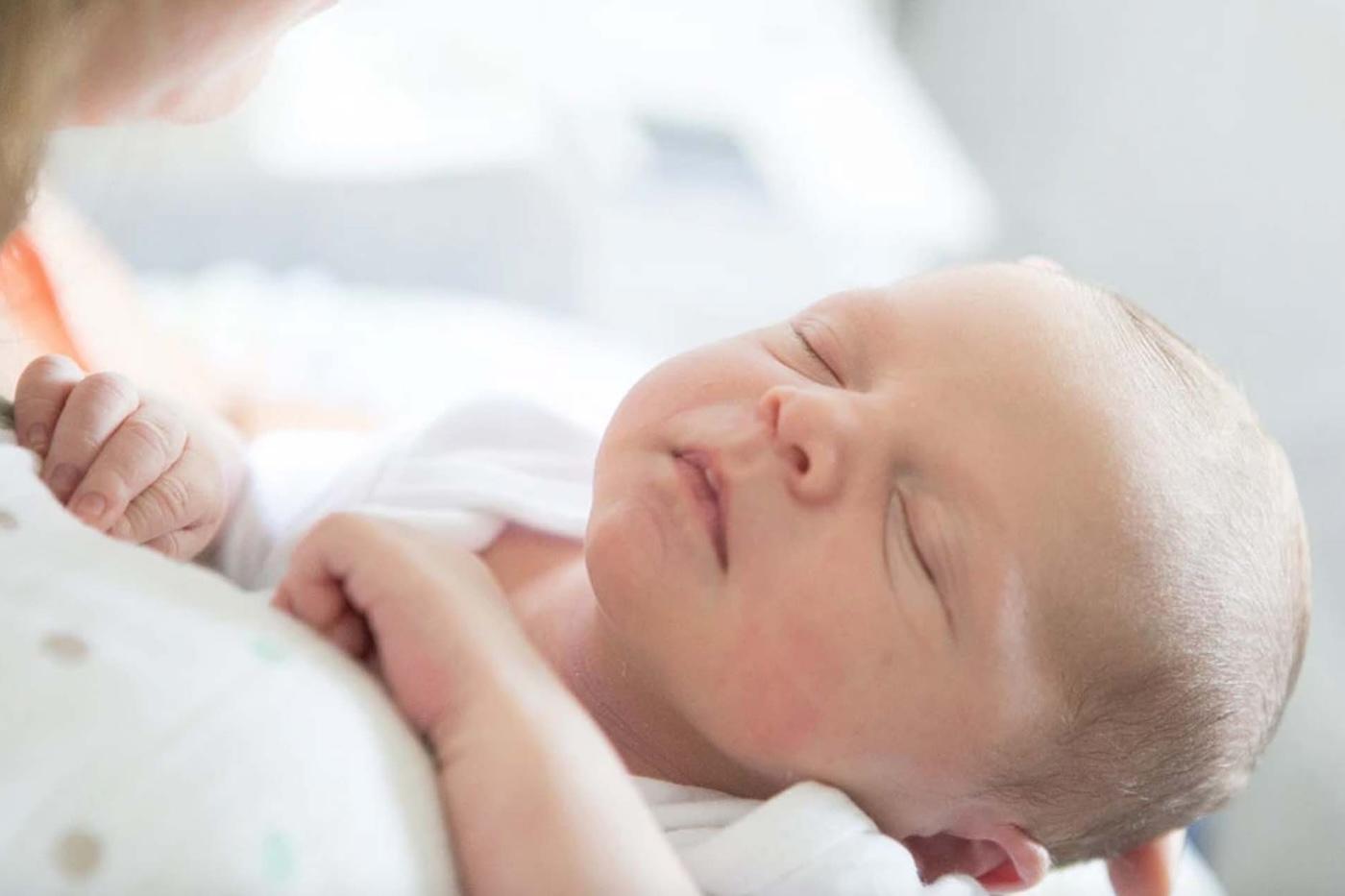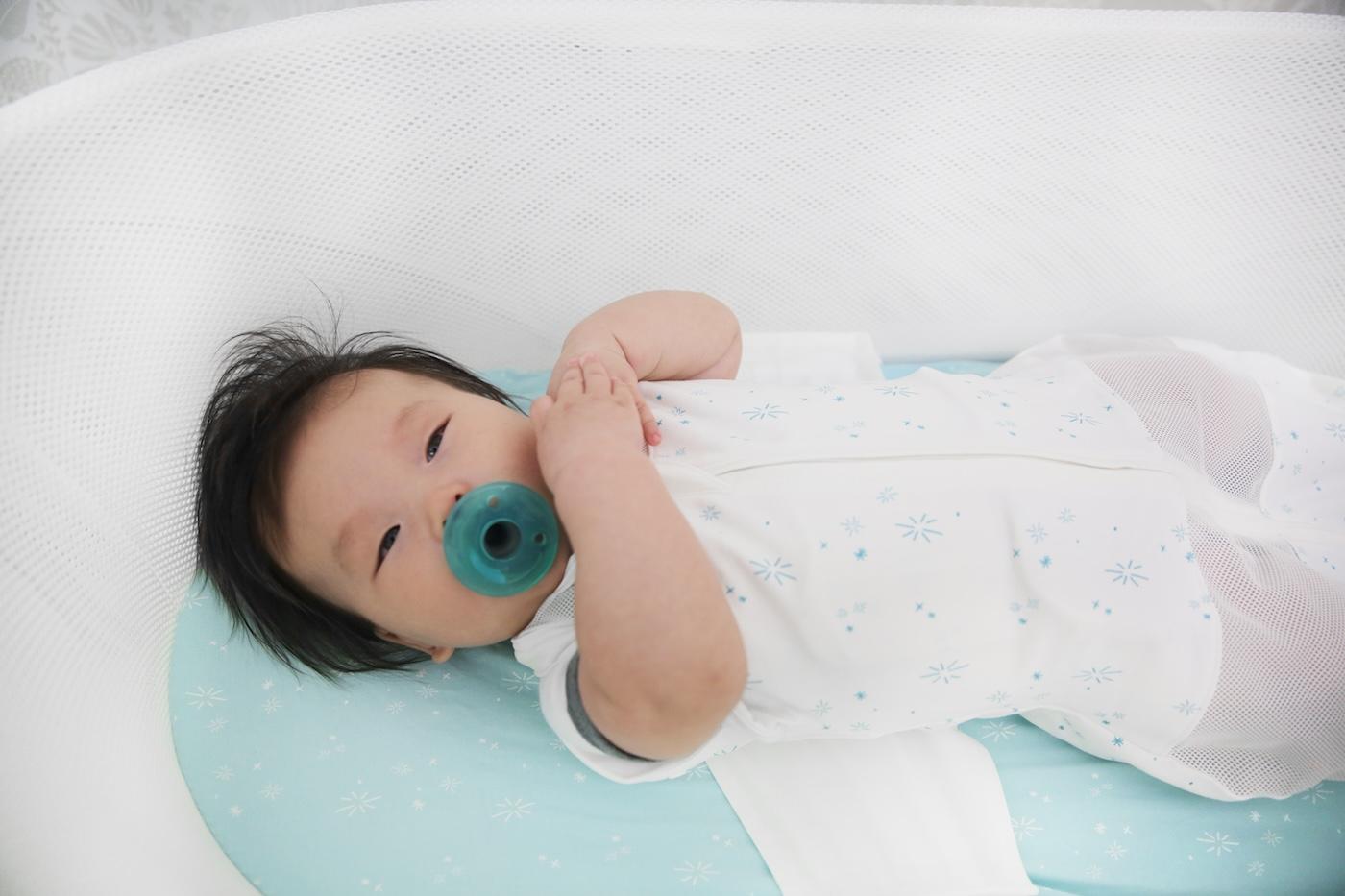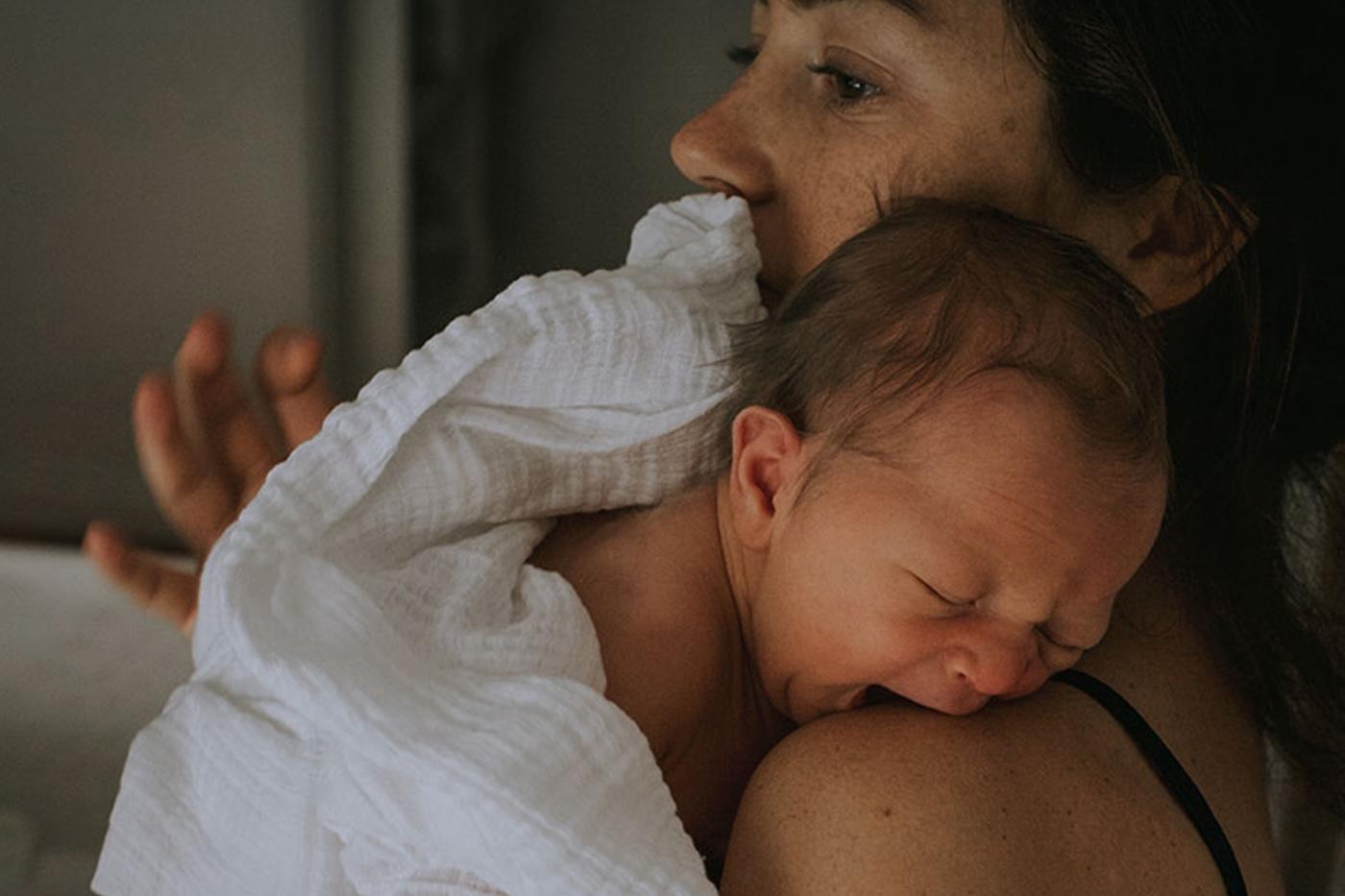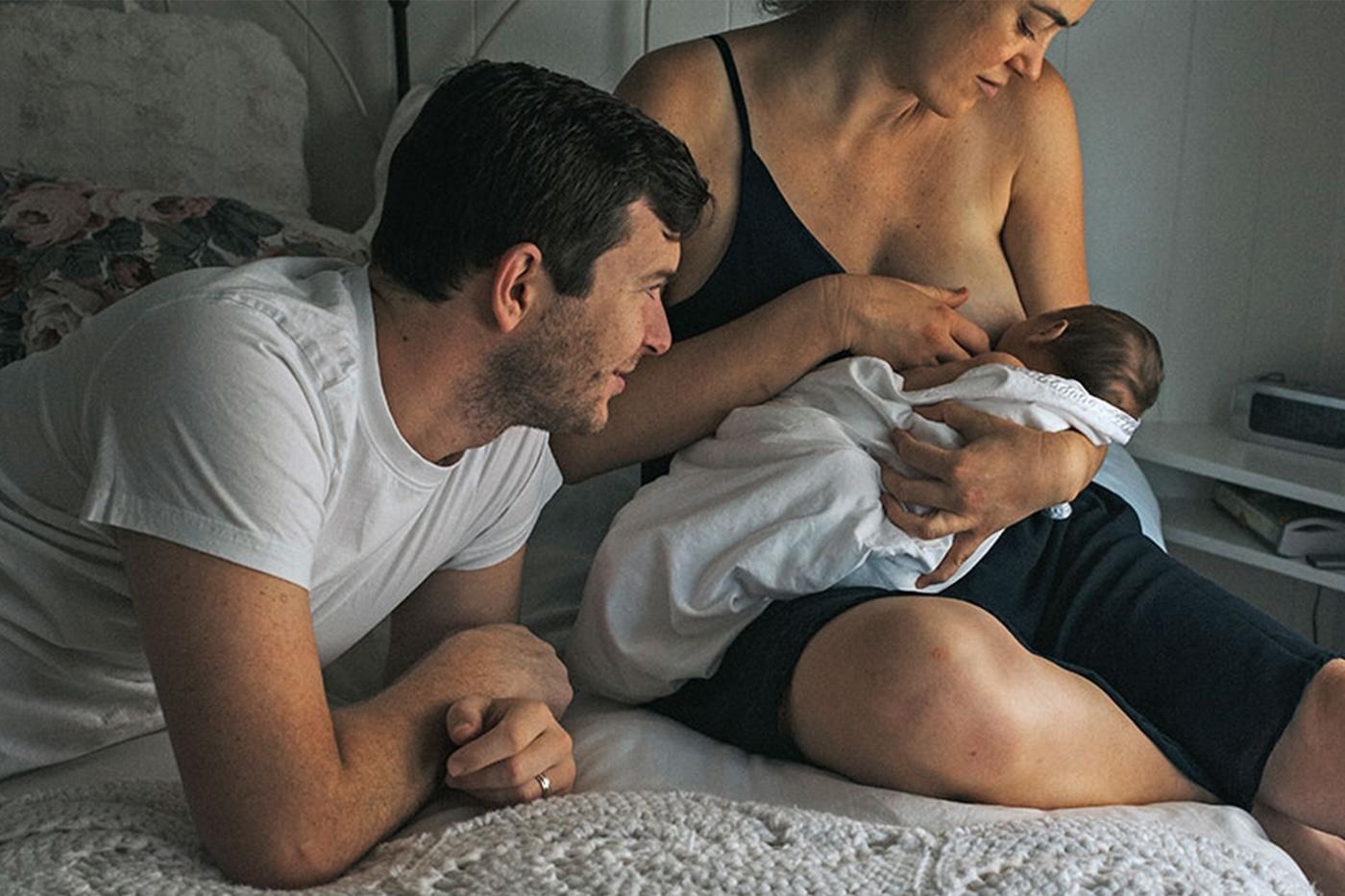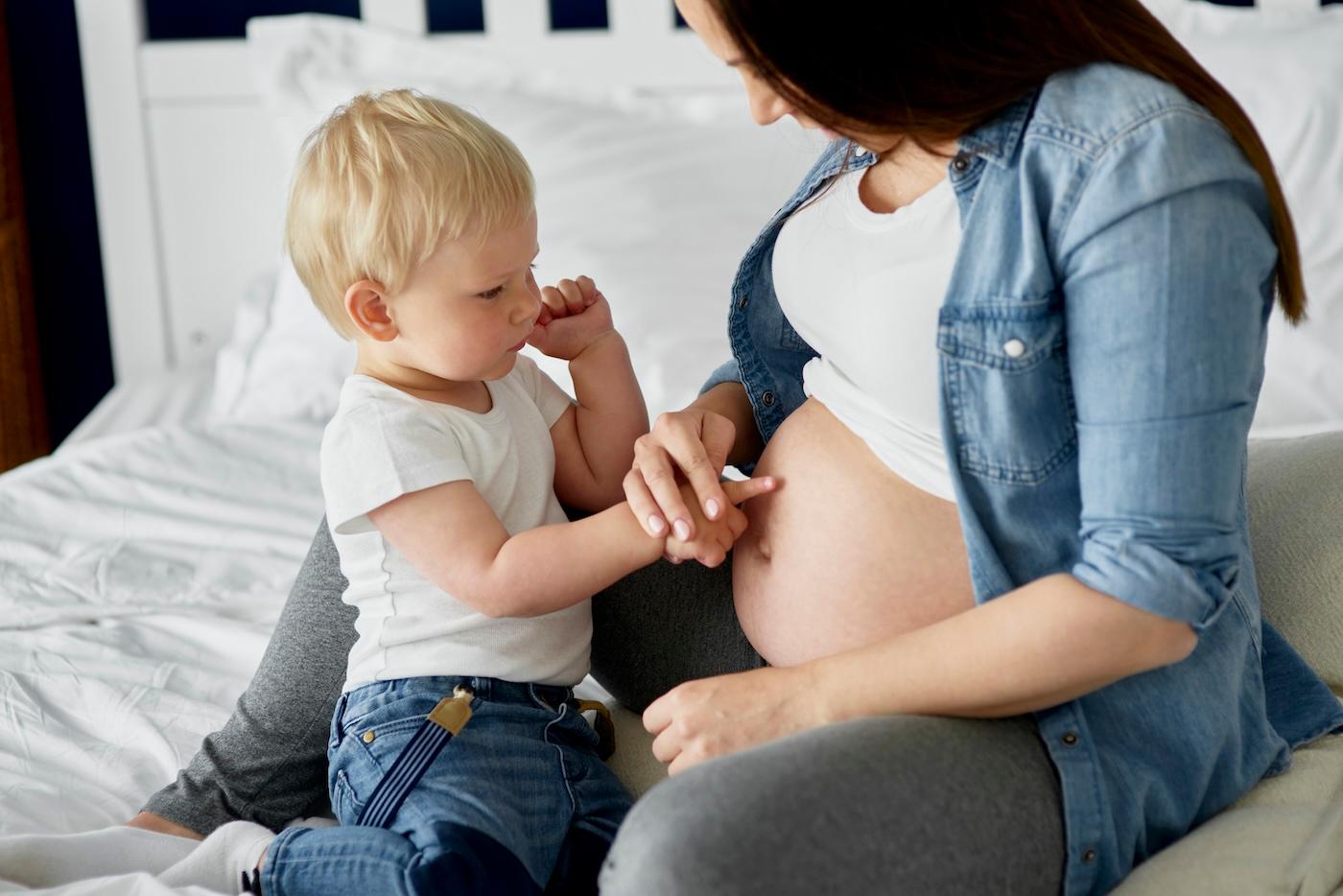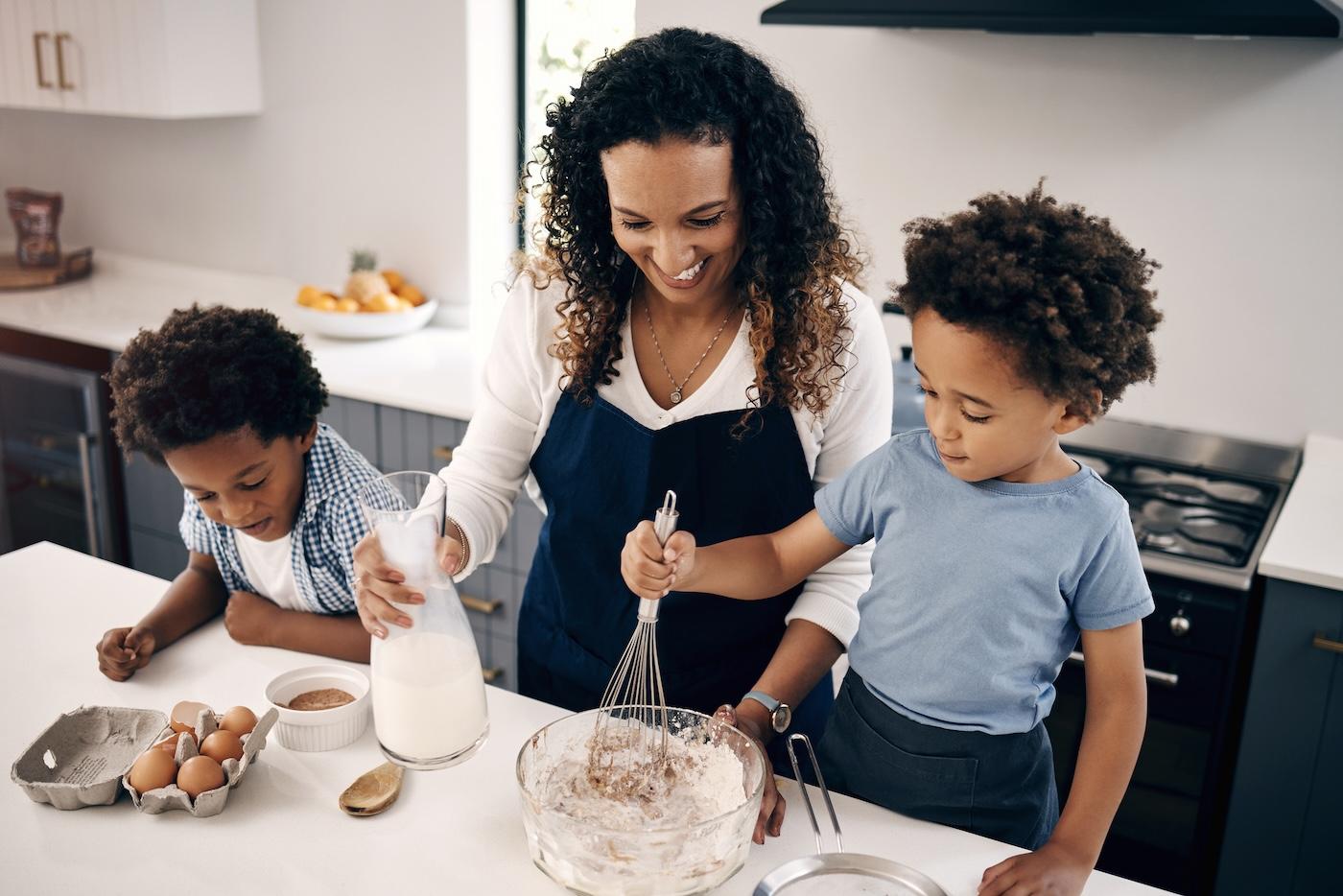TODDLER
Growing Pains in Toddlers
They affect up to 25% of children, generally between the ages of 3 and 12.

Written by
Dr. Harvey Karp

Growing Pains in Toddlers
Growing pains aren’t just a myth. They affect up to 25% of children, generally between the ages of 3 and 12.
It can be confusing if your child complains of pain and the pattern is not consistent. One night he may wake up crying and say his thigh aches, and a few days later he may complain about his shin—first on the right leg, and then another time the left. It's common for the ache to move around and growing pains can occur many nights a week—for months—before they just disappear.
What Are Growing Pains?
Growing pains are aches that occur in a kids legs. Even though they’re common, we have no clear idea what causes these aches. Are they really from growing—or from the jumping, climbing and running that normal kids do all day? We just don’t know. (For some children, the pains do seem to happen after very active days.)
If your child is complaining of pain at night, call your doctor. The doctor should ask you some key questions to figure out if these are routine growing pains.
- Does the pain or limping occur during the day?
- Is the pain in a joint?
- Is it always in the same spot on the same leg?
- Is the leg painful to touch?
- Is there any redness or swelling?
If the answer to any of these questions is yes, then the problem is not a simple case of growing pains. Your doctor will evaluate your child to figure out if there is a more serious concern.
Growing Pain Symptoms
Common growing pain symptoms include an aching or throbbing feeling in the legs. Typically, growing pains can be felt on thighs, calves, or behind the knees. Growing pains do not occur every day. Instead, they tend to come and go.
How Long Do Growing Pains Last?
Growing pains can last anywhere from 10 to 30 minutes, but can even extend to hours in some cases. Usually, growing pains occur between the ages of 3 and 5, and 8 to 12.
How to Help Relieve Growing Pains & Other Leg Pain
The treatment of growing pains is simple and includes massage, stretching, a heating pad and ibuprofen or another pain reliever.
It's important to note that different type of nighttime leg pain your tot might experience is muscle cramping. Some kids get painful spasms in their feet or legs during sleep (some adults get these, too). The cramp makes the toes curl painfully and you may able to feel the knotted muscle in your child’s calf.
The best treatment for muscle cramping is to stretch the muscle by having your child walk or firmly pushing the toes up, to stretch the calf and Achilles tendon. If this occurs more than once, a preventative remedy is to give a magnesium supplement mixed into warm milk at dinner or bedtime (this can also cause some loose stools). Ask your health-care professional for the correct dose of magnesium for your child’s weight.
Disclaimer: The information on our site is NOT medical advice for any specific person or condition. It is only meant as general information. If you have any medical questions and concerns about your child or yourself, please contact your health provider. Breastmilk is the best source of nutrition for babies. It is important that, in preparation for and during breastfeeding, mothers eat a healthy, balanced diet. Combined breast- and bottle-feeding in the first weeks of life may reduce the supply of a mother's breastmilk and reversing the decision not to breastfeed is difficult. If you do decide to use infant formula, you should follow instructions carefully.
SHARE THIS ARTICLE
PARENT PICKS
Bestsellers
